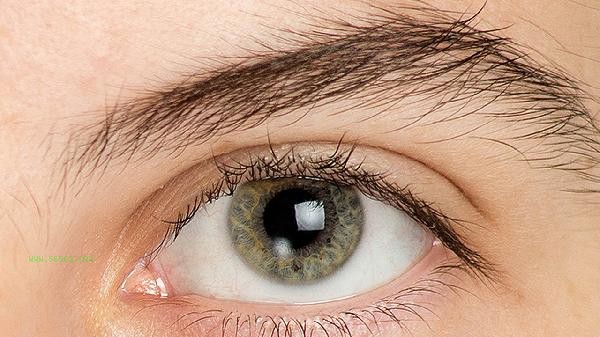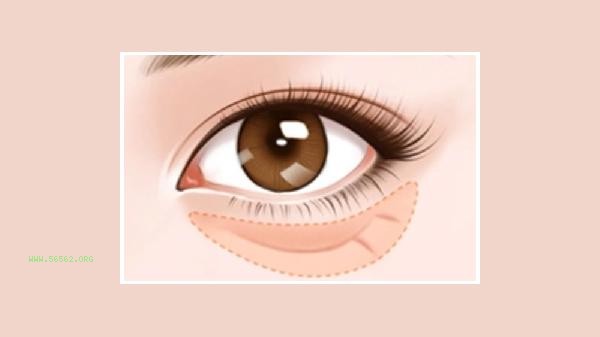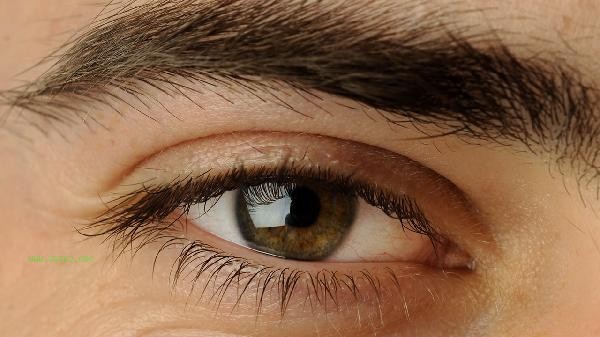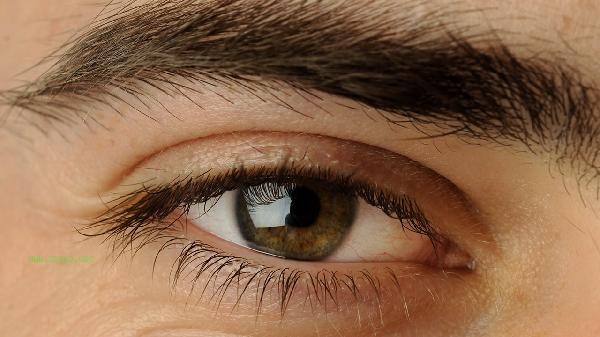The onset of acne is usually related to factors such as excessive sebum secretion, abnormal keratinization of hair follicles, bacterial infections, etc. It can be regulated through adjusting diet, regular sleep, scientific skincare, and other methods. Repeated outbreaks of acne may be caused by endocrine disorders, gastrointestinal dysfunction, genetic factors, excessive stress, improper use of cosmetics, and other reasons.

1. Adjust diet
Reduce the intake of high sugar and high-fat foods, such as cakes, fried foods, etc., which can stimulate sebaceous gland secretion. Adding foods such as carrots and spinach rich in vitamin A, whole grains rich in vitamin B, and oysters rich in zinc can help regulate skin metabolism. It is recommended to drink at least 1500 milliliters of water per day to help eliminate metabolic waste.
2. Regular sleep schedule
Ensure 7-8 hours of sleep every day to avoid staying up late and disrupting melatonin secretion. Establishing a fixed sleep schedule and falling asleep before 11pm can help detoxify the liver. Take a short 20 minute break during lunchtime to relieve physical stress.
3. Scientific skincare
Choose weakly acidic cleansing products with a pH value of around 5.5, and clean no more than twice a day. Use moisturizing products containing ceramides to maintain barrier function and avoid excessive use of oil control products that can cause external oil and internal dryness. Choose physical sunscreens such as zinc oxide for sun protection to reduce the irritation of chemical sunscreens.

4. Endocrine regulation
The aggravation of acne in women before menstruation may be related to the increase in progesterone levels, manifested as patches of redness and swelling in the lower jaw area. Polycystic ovary syndrome patients often have symptoms such as acne and hirsutism, which can be diagnosed through six tests of sex hormones. Abnormal thyroid function can also affect sebum secretion.
5. Gastrointestinal Regulation
Long term constipation can lead to toxin reabsorption, manifested as recurrent pustules around the mouth. Helicobacter pylori infection may cause facial rosacea, accompanied by symptoms such as stomach pain and acid reflux. Probiotic supplementation can improve the balance of gut microbiota and reduce skin inflammatory reactions.

It is recommended to change the pillowcase every week to avoid bacterial growth. Clean sweat promptly after exercise and choose loose and breathable cotton clothing. Managing stress can be achieved through mindfulness meditation, yoga, and other methods. Elevated cortisol levels can exacerbate inflammatory reactions. If acne persists for three months without improvement or leaves obvious acne scars and marks, professional treatment should be sought at a dermatologist. Avoid squeezing pimples with your hands in daily life to prevent the spread of infection and pigmentation.









Comments (0)
Leave a Comment
No comments yet
Be the first to share your thoughts!